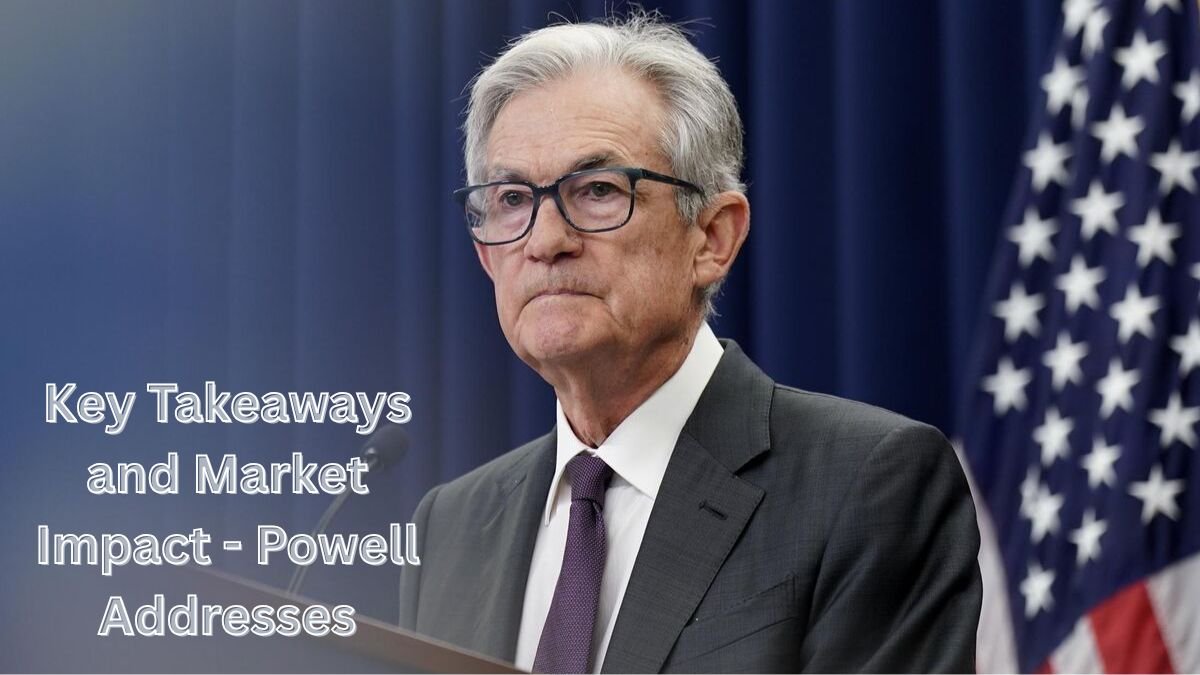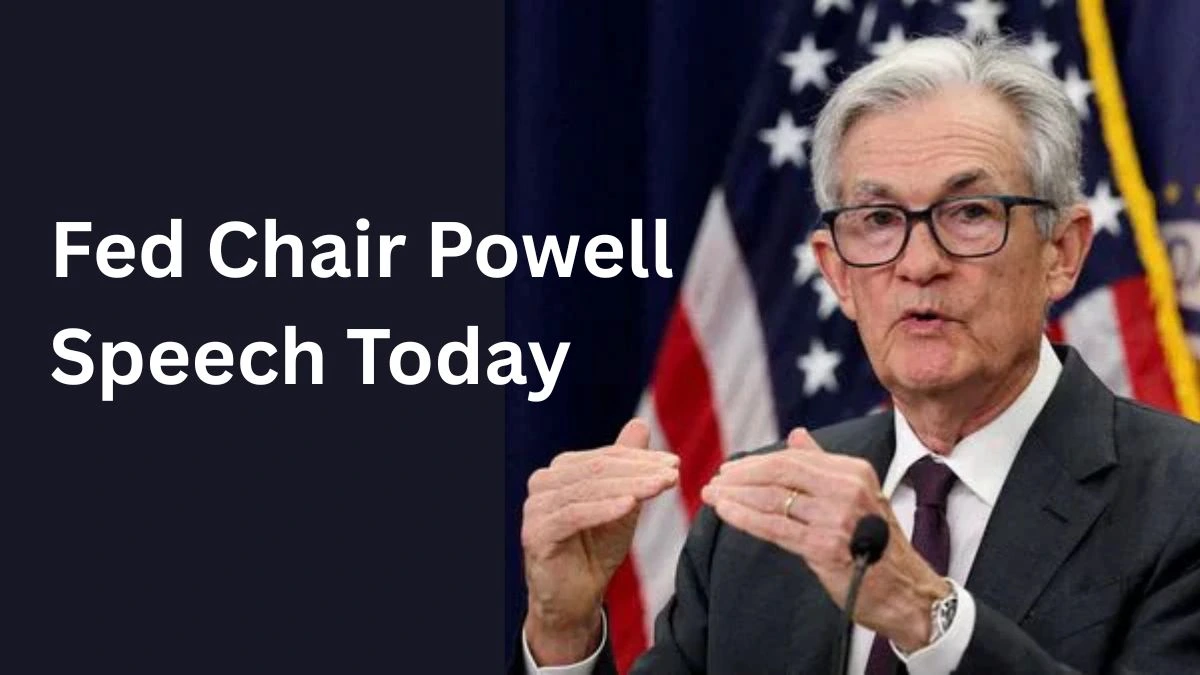Loud budgeting is making headlines in 2025 as the social media-driven money management trend empowering people—especially Gen Z and millennials—to save more through radical honesty and financial transparency. Unlike traditional, private budgeting methods, loud budgeting encourages individuals to openly discuss their financial boundaries, make intentional spending decisions, and reject consumer pressure in favor of long-term goals.
What Is Loud Budgeting?
Loud budgeting is the practice of being vocal about one’s financial limits and savings priorities, often announcing them on platforms like TikTok, Instagram, and YouTube. Instead of quietly declining expensive plans, loud budgeters say, “I’m saving for travel” or “That’s not in my budget this month.” Social media “finfluencers” and everyday users share personal wins, goals, and planning strategies, normalizing financial conversations and building supportive online communities.
Started by TikTok influencer Lukas Battle, loud budgeting flips the script on “quiet luxury”—the old trend of showing off wealth through understated spending—and makes frugality aspirational: “It’s not ‘I don’t have enough,’ it’s ‘I don’t want to spend,’” Battle explains.
Why Loud Budgeting Resonates Right Now
- Rising living costs and inflation in recent years have made saving essential for young adults.
- Gen Z and millennials seek authenticity and connection, making open discussions about money and financial stress more acceptable.
- The loud budgeting movement helps combat FOMO (fear of missing out) and peer pressure to overspend by setting clear boundaries.
- Loud budgeting encourages building stronger friendships and social circles based on mutual respect and shared goals, instead of trying to “keep up”.
How Loud Budgeting Actually Helps People Save Money
- Reduces impulse spending: When you announce savings goals and spending limits, you’re less likely to give in to unplanned purchases or expensive outings.
- Increases motivation: Publicly sharing financial commitments builds accountability and encourages progress, especially when friends and followers cheer you on.
- Supports defined financial goals: Loud budgeters clearly outline what they’re saving for (emergency fund, vacations, debt payoff) and reject expenses that don’t align with those goals.
- Eases social pressure: By communicating openly, individuals feel permitted to opt for cheaper alternatives and avoid guilt, anxiety, or shame about money.
- Builds community: Sharing budgeting journeys helps others realize they’re not alone, creating networks for advice, tips, and encouragement.
Real Examples and Social Media Strategies
- “Loud budgeting” posts often trend on TikTok and Instagram, where users reveal monthly planners, debt payoff milestones, and savings challenges.
- Many finance influencers post scripts and tips for saying “no” confidently to expensive social events, helping followers set healthy boundaries.
- Hashtags like #LoudBudgeting, #BudgetOutLoud, and #RealMoneyTalk are driving millions of views and widespread engagement.
- Brands are responding by offering clearer, affordable product options to connect with budget-conscious consumers, further normalizing the trend.
Why Loud Budgeting Is Here to Stay
- Loud budgeting addresses today’s economic realities and social expectations—helping people feel empowered, less isolated, and more successful with saving.
- Social media makes discussing money and sharing tips easier than ever, fostering ongoing conversation and collective support.
- Experts now recommend loud budgeting as a strategy not only for saving money, but also for building investing discipline and sustainable financial habits.









